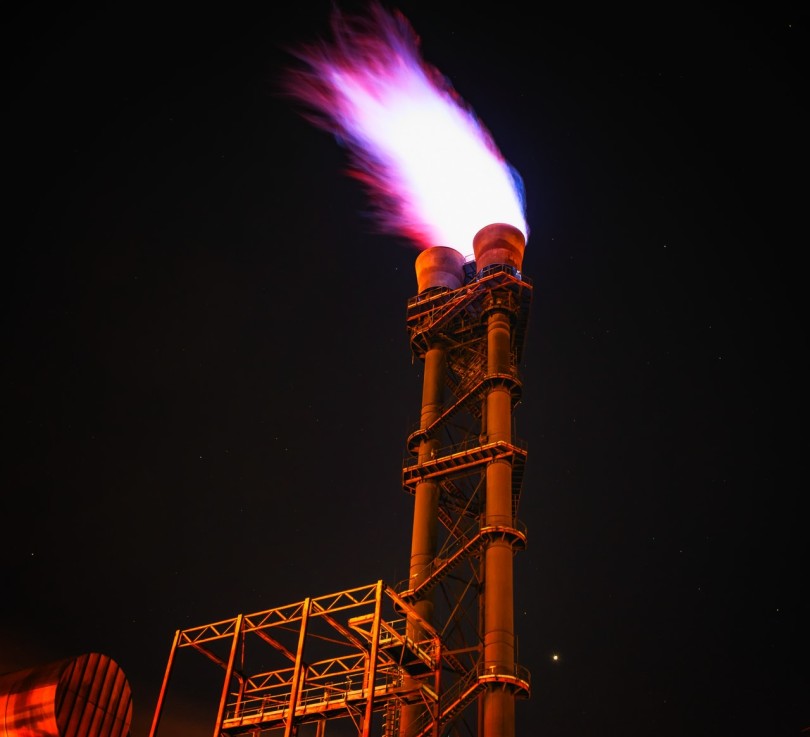Why Is the Gulf Attracting Climate Tech Businesses?
28 Jun 24
Enviro ChatThe Global News Source for the World of Science and Chemicals
13 April 2020
Lab Chat
The UAE believe they may have struck upon the largest natural gas reserve discovery in 15 years. The Jebel Al reservoir, located between Dubai and Abu Dhabi, is projected to hold up to 80 trillion cubic feet of the resource, making it the biggest discovery of its kind since 2015.
If the estimates prove to be correct, the reservoir would become the fourth biggest in the Middle East and catapult the UAE up the leader board for countries endowed with the resource. It would also comprise a huge step forward in the UAE’s quest to become self-sufficient in its supply of natural gas, much of which it currently imports from Qatar.
The Jebel Ali reservoir was first announced at the beginning of February, after the Abu Dhabi National Oil Company (ADNOC) made its momentous discovery. ADNOC is the state-owned energy company but was drilling in Dubai territory for the first time and had plumbed the depths of 10 different wells before locating Jebel Ali. Going forwards, the area will now be developed by ADNOC in conjunction with the local distributor, the Dubai Supply Authority.
The find is believed to amount to some 80 trillion cubic feet of natural gas, which is the largest deposit discovered since the Galkynysh field was located in Turkmenistan in 2005. Jebel Ali will be the fourth biggest natural gas reservoir in the Middle East, behind the North field in Qatar and the South Pars field in Iran, both of which are part of the same deposit in the Persian Gulf which comprise the largest offshore field in the world. Third place in that list is occupied by the Bab field in Abu Dhabi.
Those behind the drilling believe that, depending on how much gas can actually be extracted, the find could satisfy gas demand in the entire country for the next 30 years. “This is an enormous discovery for the UAE,” remarked Liam Yates, an analyst at Wood Mackenzie, the energy and research consultancy company.
That kind of breakthrough would be significant for a country which has set itself the goal of becoming self-sufficient in its natural gas needs by 2030. The UAE is currently seventh in the list of nations with the most gas reserves and eighth in the leader board of those with most oil reserves, but more and more countries are turning away from oil towards gas due to its more environmentally friendly profile.
Despite the significant resources that are to be found in the UAE, the country still does not have enough natural gas to meet its own demand. At present, much of that demand is supplied by importing surplus gas from nearby Qatar, with whom the UAE has been locked in a diplomatic stand-off for the last two-and-a-half years.
As well as pursuing the Jebel Ali reservoir, the UAE is also looking to transition away from oil towards more renewable and sustainable sources of energy. ADNOC has issued an open invitation to overseas energy companies to search for new reservoirs of gas in previously untapped locations, while the country has also poured significant resources into investigating solar and nuclear potential.
DOWNLOAD PDF

2 Day Seminar Program
@ ArabLab+ 2024
24 & 25 September 2024
Your stay in Dubai
Labkit
Product News
Chemkit
Product News
Thinking about exhibiting at ARABLAB 2024? Watch our video to find out more.
Join the world’s leading organisations…
Join our mailing list and receive the ARABLAB newsletter and event updates.